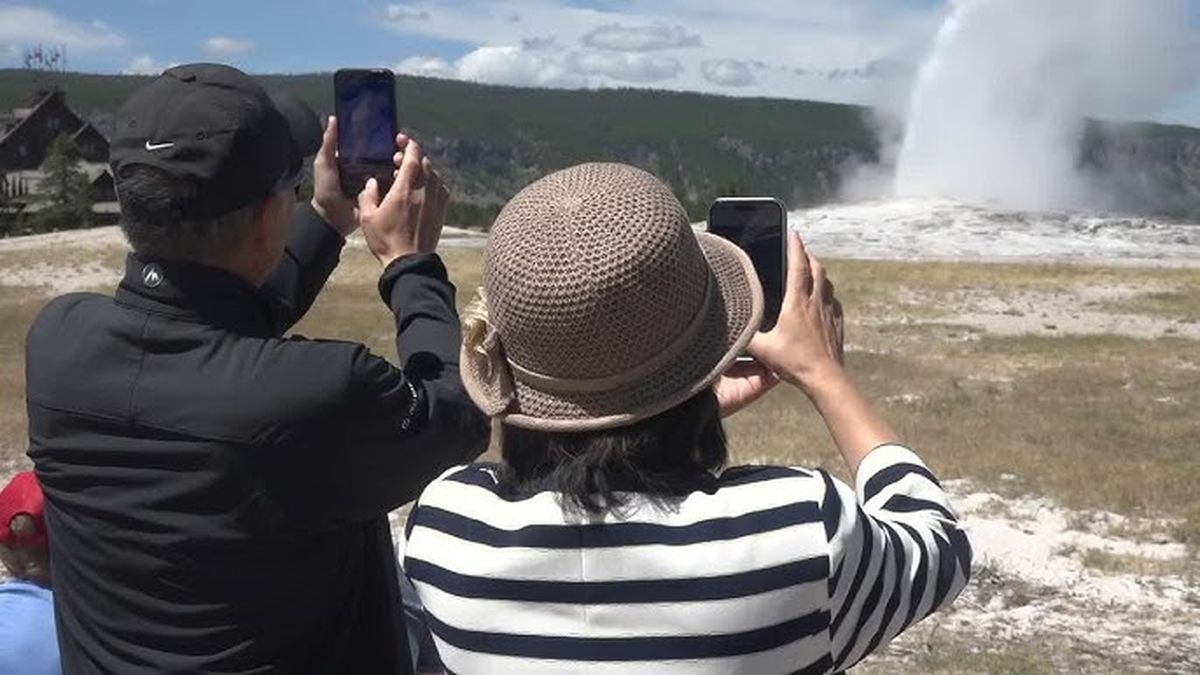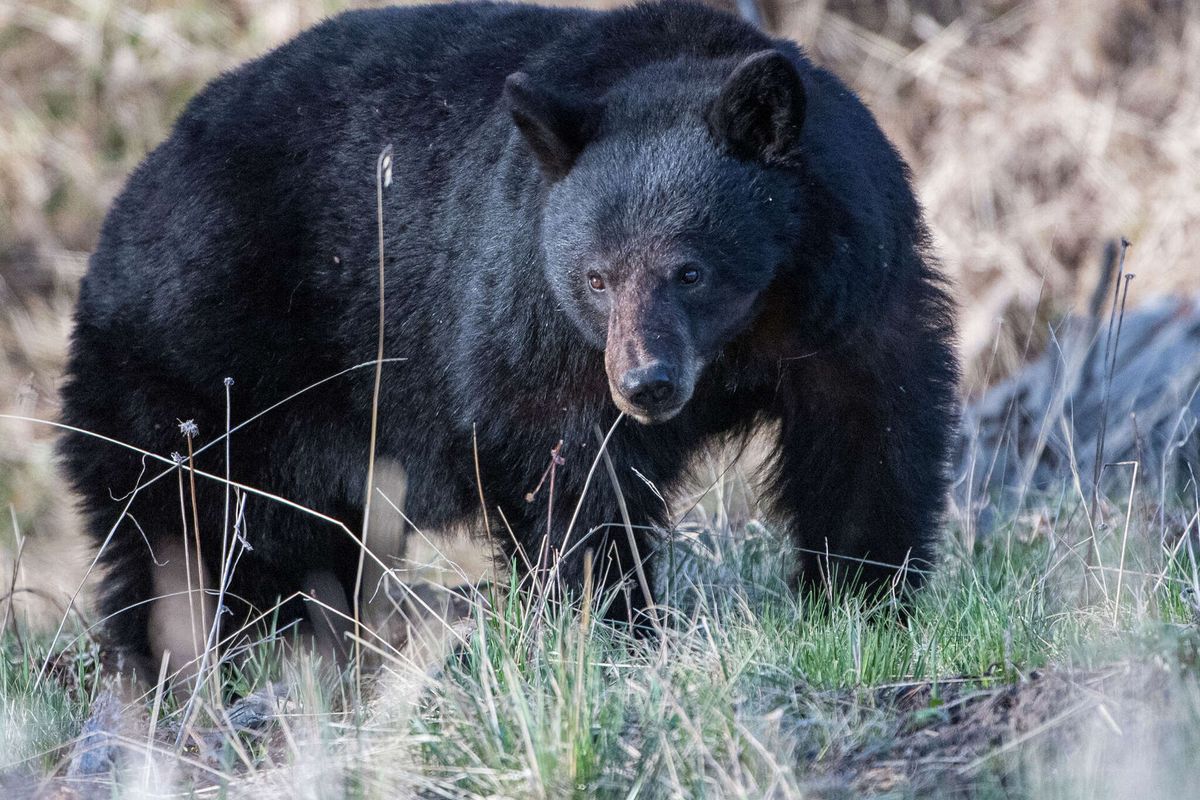Los turistas que visitaron el Parque Nacional Yellowstone se acercaron a solo 30 metros de un oso grizzly, violando las normas de seguridad del parque. Un video captado por Zack Baker y compartido en Instagram a través de la cuenta Tourons of Yellowstone mostró el momento exacto de la infracción.
Las reglas del lugar establecen que los visitantes deben mantenerse a 90 metros de distancia de estos animales. Este grupo ignoró completamente las medidas de protección, poniendo en riesgo su vida y la del animal. La naturaleza salvaje no perdona errores de este tipo.
Cuando los turistas ignoran las reglas
El comportamiento irresponsable de estos turistas generó una avalancha de comentarios negativos en redes sociales. "Todos deberían pagar una multa", escribió un usuario indignado. Otros expresaron su preocupación por el futuro de los parques nacionales si este tipo de conductas continúan.
Yellowstone recibe aproximadamente 4 millones de visitantes cada año. Los osos grizzly necesitan espacio para desenvolverse en su hábitat natural, y cuando los humanos invaden ese territorio, arriesgan ataques y alteran el comportamiento animal.
La cuenta de Instagram documenta regularmente comportamientos peligrosos para educar a otros visitantes. Los guardaparques registran varios incidentes con osos cada año, la mayoría porque las personas no mantienen la distancia recomendada. Un grizzly puede correr a 50 kilómetros por hora y pesar hasta 300 kilos.
Las reglas del parque no son sugerencias, sino normas obligatorias. Ignorarlas puede resultar en multas de hasta 5.000 dólares y hasta seis meses de prisión. Los osos grizzly pueden percibir a los humanos como amenaza si se sienten acorralados.





